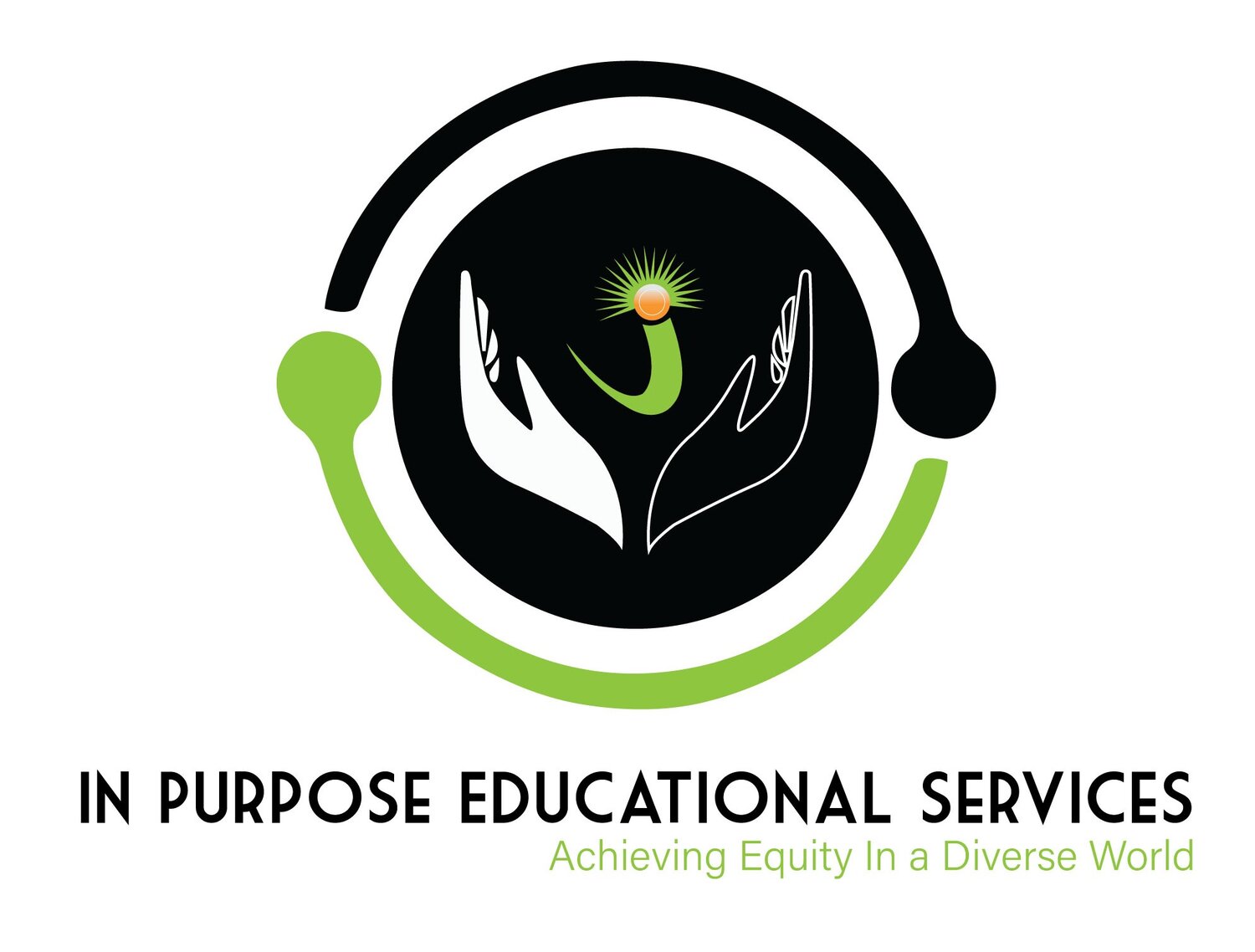No Longer "Reasonable" or Acceptable (Part 3)
While it is relatively easy for people to identify examples of intentional racism, individuals have a harder time picking out “reasonable” oppression. This type of oppression is overt in nature, but unintentional because we have become accustomed to its acceptability in society. Someone who views themselves as non-racist might even argue that the actions or policies are not racist and that people would have no problems is they just did what they were supposed to do. They base their opinion on their own experiences without realizing just how different other people’s experiences are.
As we look at current events, this is the type of oppression that people are seeking to change. Every day, I read or watch the news and discover a new story of people, groups, and organizations who have realized that some aspect of their standard practice needs to be changed because although we have long accepted it (whatever “it” may be), it is still oppressive and projects or protects white supremacy. Some examples are as follows:
Confederate statues of people who fought to keep black people enslaved
Schools named after former slave owners
Teaching from curriculae that only features white historical figures
Maintaining black caricatures as logos and mascots
Keeping racist slurs and disrespectful cultural images as team names and logos
Defending the harassment and murders of black and brown people by saying they should have just followed the law because you are using your personal experience with police officers as a reference point.
Becoming upset when black and brown people portray white historical figures or characters without considering the history of white actors incorrectly and/or stereotypically portraying black people (minstrel shows, Cleopatra, Soul Man, Hermione, etc.)
Not hiring a qualified black or brown person for a management position because “you already have one”
Having no black or brown people in positions of leadership in your organization.
Still having “First Black Person to…” moments
Having a $23 Billion gap in funding between predominantly white schools and Having racist family and friends that you accommodate
Teaching African and African-American history and literature as an elective, but not as foundational and significant
Having your children taught by very few or no black or brown teachers
Living in segregated neighborhoods
Attending segregated churches
Buying from ice cream trucks that play the music from racist songs
The list could go on and on.
It is with this type of racism that the good/bad binary becomes extremely problematic. Because individuals are naturally inclined to see themselves as “good,” pointing out reasonable oppression feels like a personal attack on their morality and perception of themselves as upright and accepting. Most times, conversations about types of reasonable oppression devolve into discussions in which individuals are defending themselves as non-racist and good instead of trying to understand how their actions were oppressive.
To combat this reaction, the first truth that everyone must understand is that this type of racism is insidious in our society; everyone is conditioned from birth to view this as acceptable, so we all participate in it unintentionally, no matter our moral code. When training, I use the analogy of a canary in a racist mine; because we breathe this in all of the time, we are bound to find ourselves breathing it out at some point.
Once we understand this truth, we can begin the work that actually needs to be done: ridding ourselves of this form of oppression. Though it may be unintentional, it is untenable and must be eradicated. Though we may not intend to cause harm, we have to learn that we do and must be intentional about the antiracist work of addressing the harm and creating more equitable spaces where we can no longer accept these racist circumstances and expect BIPOC to live with it.
This is Part 3 of a five-part series of articles we will be releasing to explain more specific types of racism and what we can all do to combat them within ourselves. Check this website and our social media each Monday for a new article.
In Purpose Educational Services is a not for profit organization that is only able to offer high quality services and opportunities because of the generous donation of our supporters. Please consider supporting our mission by visiting https://www.inpurposeea.com/donations.
